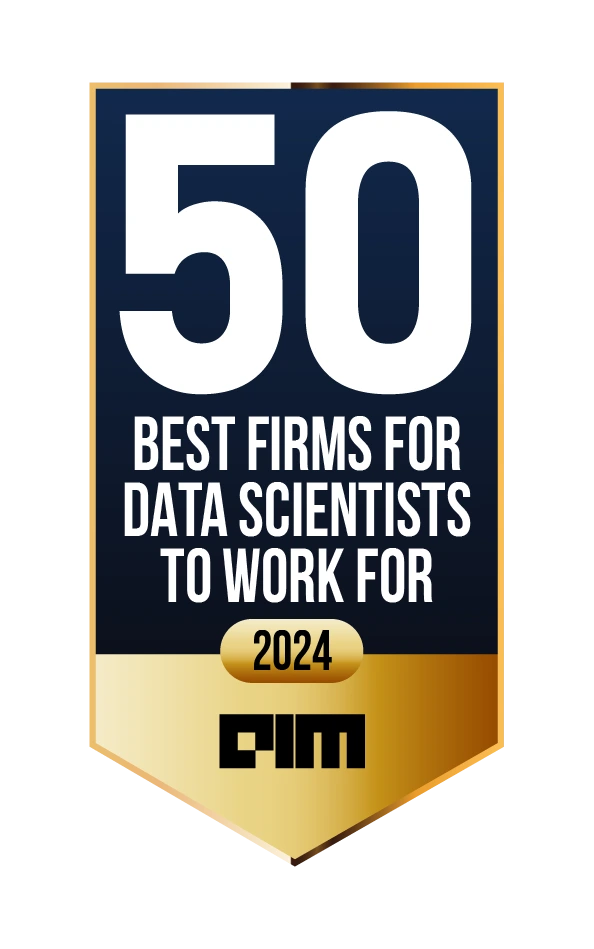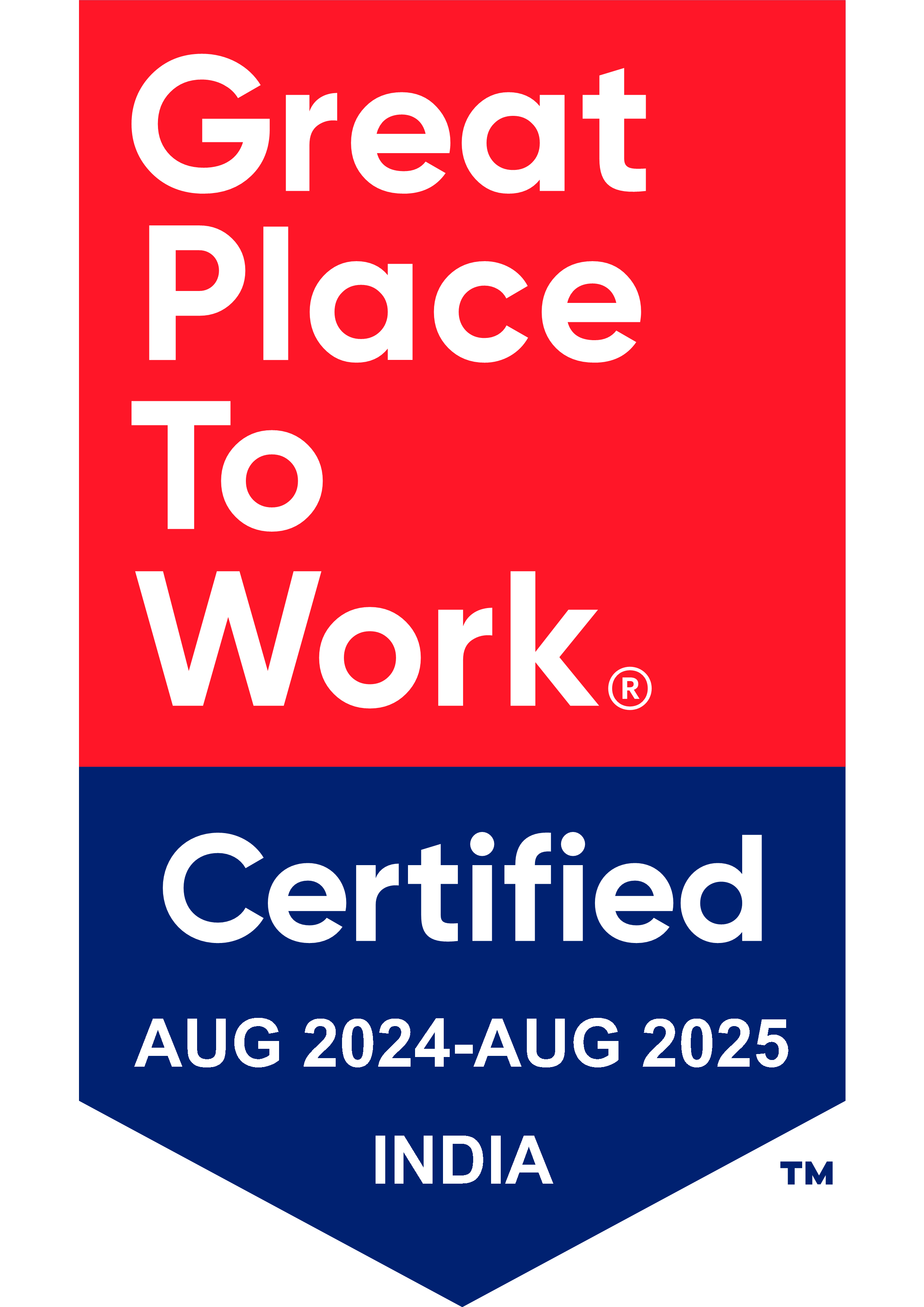Deepak's Data Engineering Career: Insights, Challenges, and Advice for Aspiring Professionals
- Team Aays

- Nov 21, 2024
- 3 min read

"Complex problems are nothing but a chain of many atomic simple problems. Break them down, solve them step by step, and success follows." - Deepak
What sparked your interest in data engineering, and how has the rise of AI influenced your career path in this field?
Deepak: My interest in AI and data began during my engineering academic days. I was fascinated by how simple statistical models could infer such helpful insights from data. Initially, I was determined to pursue a career in Data Science as it was very trending at that time, but when I started learning about it, I realized that Data Science cannot be truly effective if the inputs are not well-curated. That's when I learned about Data Engineering. In a nutshell, data—more precisely, well-curated data—is the key to any data project, whether it’s machine learning, AI, or other future advancements in the field.
What aspects of our company culture do you value most, especially in an environment where AI and data are at the forefront?
Deepak: In today’s rapidly changing AI and data technology landscape, staying diversified and up to date with advancements is crucial to staying competitive. This is the highlight of our culture, where we strive to create something valuable by exploring new technologies and stacks. It’s not wrong to fail; it’s about failing faster and learning faster - that's what we believe in. This principle has helped us a lot in trying new methodologies and exploring various relevant products to build something innovative and market-relevant.
In your role as a data engineer, what has been the biggest challenge you have faced, and how did you overcome it?
Deepak: Early on in my career as a Data Engineer, I thought technical skills like SQL and Python were enough. But, after working on various projects, it became clear that technical skills are merely the tools to achieve goals. These goals cannot be met if you don’t understand the business problem and the problem statement. If you understand the business use case, you can use your technical skills in a much more optimized way rather than just theoretically. I also faced this challenge when I focused solely on sharpening my technical skills, but once I started focusing on the business problem from a broader perspective, it helped me deliver projects in a more business-oriented manner.
What advice and insights can you share for someone starting a data engineering career? Are there any skills or mindsets essential for success?
Deepak: Start with a problem-solving mindset. Understanding the problem statement has been one of the key insights in my data engineering career. Don’t over-engineer things. Sometimes, when we have many tools in our toolset, we try to complicate things, even though the problem can be solved using simpler methods. Be open to the idea that traditional methods can sometimes be more useful than modern approaches. In other words, learn SQL thoroughly—it will be your savior at the end of the day. Python as a coding language and DevOps as a practice can also be helpful in data engineering, as they are applicable almost everywhere.
What do you enjoy most about collaborating with your team, especially when tackling complex challenges?
Deepak: Solving problems is the most important aspect we engineers thrive on. Complex problems are nothing but a chain of simple atomic problems. I enjoy collaborating with the team to break down a complex problem into simpler problems and collectively solve them. In a way, taking care of the small details ensures the bigger picture is handled.
Who or what inspires you to keep pushing the boundaries, especially with the rapid advancements in AI?
Deepak: Honestly, the fear of being left out in knowing the latest advancements in AI keeps me pushing the boundaries. I’m always curious to learn something new and try to implement it. Also, when I see how everything is indirectly or directly linked to data and AI, it motivates me to understand how exactly AI works behind the scenes.
Outside of work, what activities help you recharge, and how do you manage a healthy work-life balance?
Deepak: I tend to spend time with my family and friends, travel outdoors occasionally, and take long walks. I also enjoy watching movies and analyzing them from different perspectives—director, writer, actor, and audience. Reading books, both academic and fiction, helps me recharge as well.
AI and data engineering are rapidly evolving. How do you stay updated on the latest AI tools, technologies, and industry trends?
Deepak: I have subscribed to various blogs relevant to the field, read books, and watch online content on new technologies to stay updated. LinkedIn posts from technical leaders and workshops have been very helpful in keeping me informed about the latest advancements.









Comments